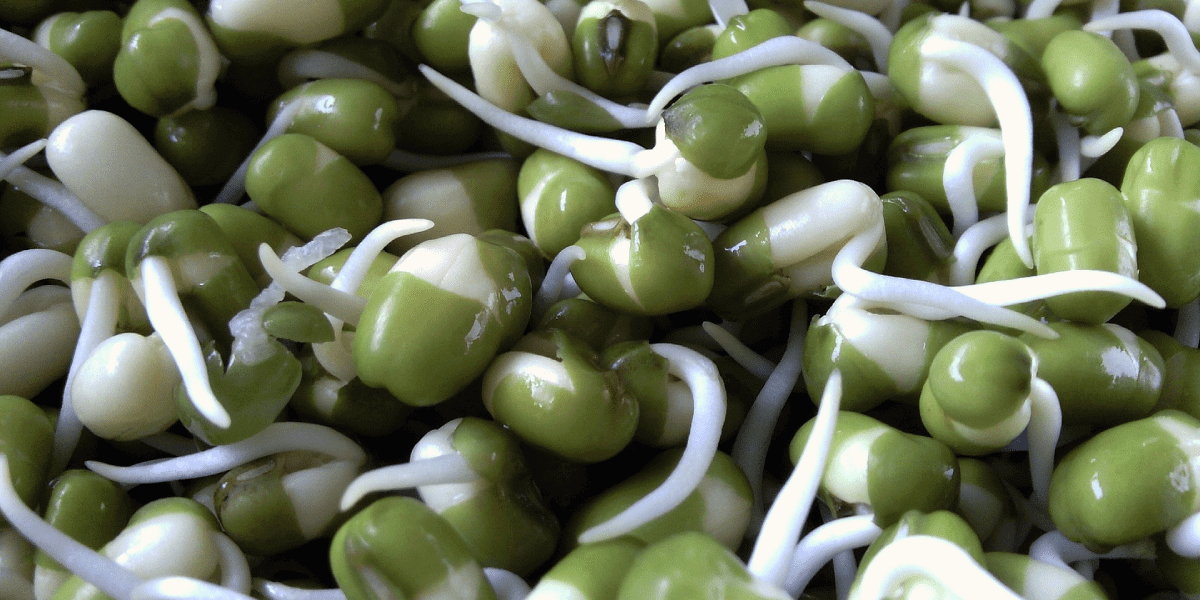Sprouting your grains and legumes can increase their nutritional value. Some nutritionists theorize that sprouting grains and legumes helps our bodies to recognize them as a vegetable rather than a starch. At any rate, sprouting your grains and legumes turns them into live plants that are richer in nutrients than their dried counterparts. They’re also easier to digest.
There are a few things you should know before you throw a package of dried quinoa in a bottle of cold water though. Here are seven things you should know about sprouting seeds.
- Sprouting isn’t as time-consuming as you may think. You do have to water them daily, but it only takes a couple of minutes each day and a total of 5-7 days to get some good growth. Timing really depends on the type of grain you are sprouting.
- Sprouts contain more vitamins such as vitamin C, B, and carotene than dried grains and legumes. It is also easier for your body to absorb minerals from them.
- Sprouts cook more quickly than dried grains and legumes. This isn’t too surprising considering that they’re much fresher than dried food. They don’t need to be soaked overnight like many dried grains or beans. You just boil or steam them until they’re tender.
- Sprouts are easier for our bodies to digest. Dried beans and legumes are notorious for causing indigestion. In part, this is caused by phytates they contain. They also contain complex starches that can lead to gassiness. Sprouting lowers the amount of phytates in grains and legumes and breaks up the complex starches a bit. As an added bonus, sprouts often contain enzymes that aid digestion.
- Be sure to cook your sprouts! One big turn off to sprouts is that they are prone to growing bacteria. Cooking them by steaming or boiling them will get rid of the bacteria—but simply rinsing them may not.
- You will need to rinse and drain your sprouts twice a day. It’s ok to miss a session here and there.
- Your sprouts are ready to eat when they are about as long as the original grain or legume.

